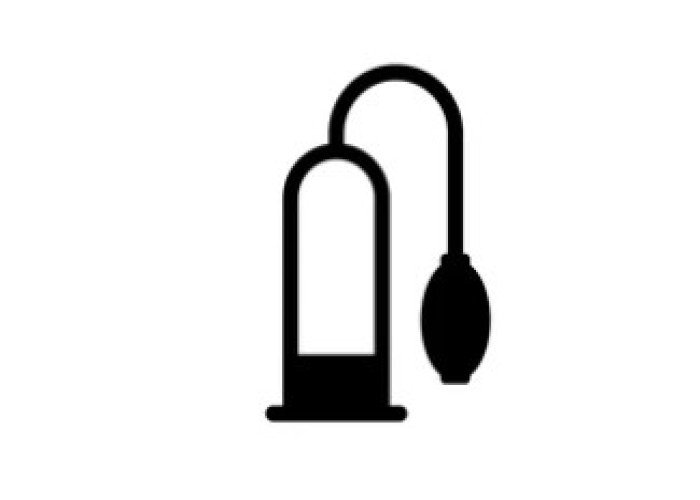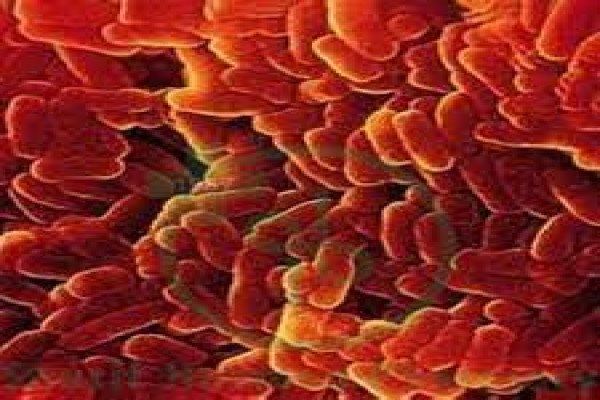 Welcome
Welcome
“May all be happy, may all be healed, may all be at peace and may no one ever suffer."
Depressed - Homeopathic remedies
Depression is a mental health condition characterized by persistent feelings of sadness, hopelessness, and loss of interest in activities that one previously enjoyed. Other common symptoms of depression include changes in appetite and sleep patterns, fatigue, difficulty concentrating, and feelings of worthlessness or guilt.
Depression can be caused by a variety of factors, including genetic predisposition, life events, and chemical imbalances in the brain. It is a serious condition that can have a significant impact on an individual's quality of life and daily functioning.
Treatment for depression typically involves a combination of medication and psychotherapy, such as cognitive-behavioral therapy (CBT) or interpersonal therapy (IPT). Lifestyle changes, such as regular exercise, healthy diet, and stress reduction techniques, may also be helpful in managing symptoms.
It is important to seek professional help if you or someone you know is experiencing symptoms of depression. With appropriate treatment and support, depression can be effectively managed, and individuals can regain a sense of well-being and hope for the future.

Gout

Eyelids dance

Burned by fire

Uterine relaxation

Profuse sweating

Knee arthritis

Strong desire to masturba...

Toothache
Depressed, অবসাদগ্রস্ত
To be happy, beautiful, healthy, wealthy, hale and long-lived stay with DM3S.
